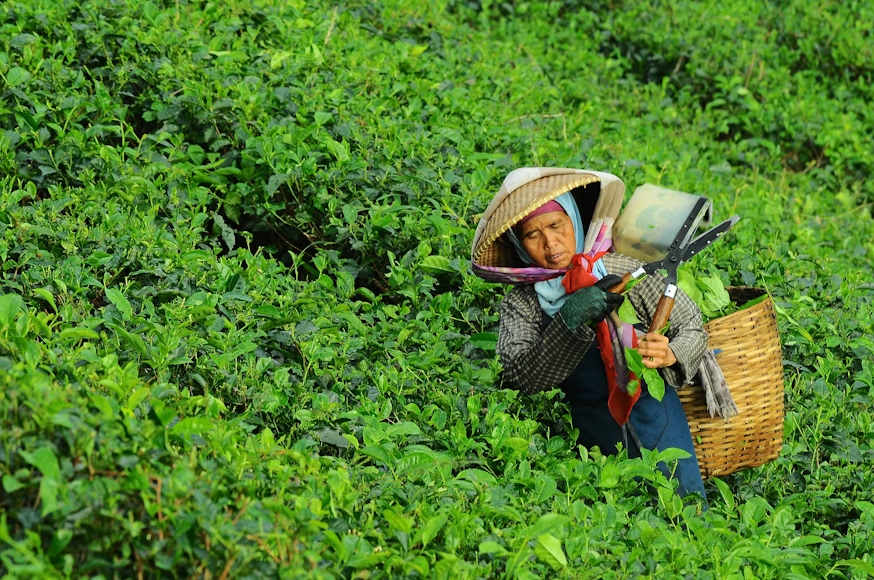Supplying tea to the Kenya Tea Development Agency (KTDA) is a structured process that connects over 600,000 smallholder farmers to global tea markets. The system ensures fair trade, quality control, and compliance with Kenyan agricultural laws. Below is a comprehensive breakdown of the steps, documentation, and compliance requirements for farmers intending to supply tea to KTDA.
1. Registration as a KTDA Tea Farmer
Before supplying tea, a farmer must be registered with the KTDA-managed factory within their region. Registration is guided by the Tea Act 2020, Crops Act, and KTDA’s internal regulations.
Key Steps:
– Complete the KTDA Farmer Registration Form available at the factory office or KTDA website.
– Submit required documentation, including National ID copy, land ownership or lease document, passport-sized photos, and bank or SACCO account details.
– Sign the Green Leaf Supply Agreement (GLSA) — a legally binding contract outlining supply obligations, payment terms, and quality requirements.
2. Delivering Green Leaf to the Registered Factory
Registered farmers must deliver their tea leaves only to the factory where they are registered.
Collection and Delivery Options:
– Tea Collection Centers: Farmers can deliver freshly plucked green leaves to designated collection centers located close to their farms.
– Direct Factory Delivery: In some cases, farmers or farmer groups may transport tea directly to the factory.
At the collection center, green leaf is weighed using Electronic Weighing Solutions (EWS) for transparency and accuracy. The farmer receives a delivery receipt reflecting the weight and date of supply. All deliveries must be made within 12 hours of plucking to maintain leaf freshness and quality.
3. Weighing, Quality Control, and Transportation
After weighing at collection centers, KTDA trucks transport green leaf to the respective factory. Upon arrival, the leaf is reweighed and inspected by Quality Control Officers. Leaves are checked for moisture content, tenderness, and absence of coarse or damaged leaves. Only tea that meets KTDA’s standards proceeds to processing.
4. Payment and Record Management
KTDA ensures prompt and transparent payment for all accepted deliveries. Payments are calculated based on green leaf weight and quality. Farmers are paid monthly, while an annual bonus (second payment) is disbursed based on factory profitability and auction prices. Receipts and digital records are maintained for transparency.
5. Compliance with the Tea Act and KTDA Regulations
Compliance is mandatory for continuous supply eligibility. Key requirements include adhering to environmental and social sustainability guidelines, observing Good Agricultural Practices (GAPs), and using approved seed varieties. A farmer wishing to change their supplying factory must make a formal written request through the Tea Directorate or KTDA regional office.
6. KTDA Support, Inputs, and Extension Services
KTDA provides multiple support services aimed at improving farmer productivity and profitability. These include input support (fertilizers and planting materials), training programs, extension services, market facilitation via Mombasa Tea Auction, and financial support through KTDA SACCOs.
7. Documentation and Legal Dossier
Farmers should maintain a comprehensive supply dossier that includes copies of GLSA, delivery receipts, payment statements, fertilizer records, and training certificates. Maintaining updated records helps farmers in audits, bonus computation, and dispute resolution.
8. Key Legal and Institutional References
Farmers and cooperatives should familiarize themselves with relevant frameworks such as The Tea Act 2020, Tea Industry Regulations 2020, KTDA Farmer Registration Forms & GLSA, Kenya Tea Board Guidelines, and the Crops Act, 2013.
Summary Table
| Step | Description |
| Register as Farmer | Fill KTDA registration forms and sign the GLSA contract. |
| Deliver Green Leaf | Supply to designated collection centers or factory. |
| Weighing & Quality Control | Electronic weighing, quality verification, and transport to factory. |
| Payment | Monthly payments and annual bonuses based on leaf weight and quality. |
| Compliance | Adhere to Tea Act, GAPs, and KTDA’s environmental and quality regulations. |
| KTDA Support Services | Access to fertilizers, training, and market facilitation through KTDA. |
| Record Management | Maintain supply and payment documentation for accountability. |
Conclusion
Supplying tea to KTDA provides farmers with access to structured markets, fair pricing, and quality assurance. Through adherence to KTDA standards and government regulations, smallholder farmers secure consistent income and contribute to Kenya’s position as a leading global tea producer.

